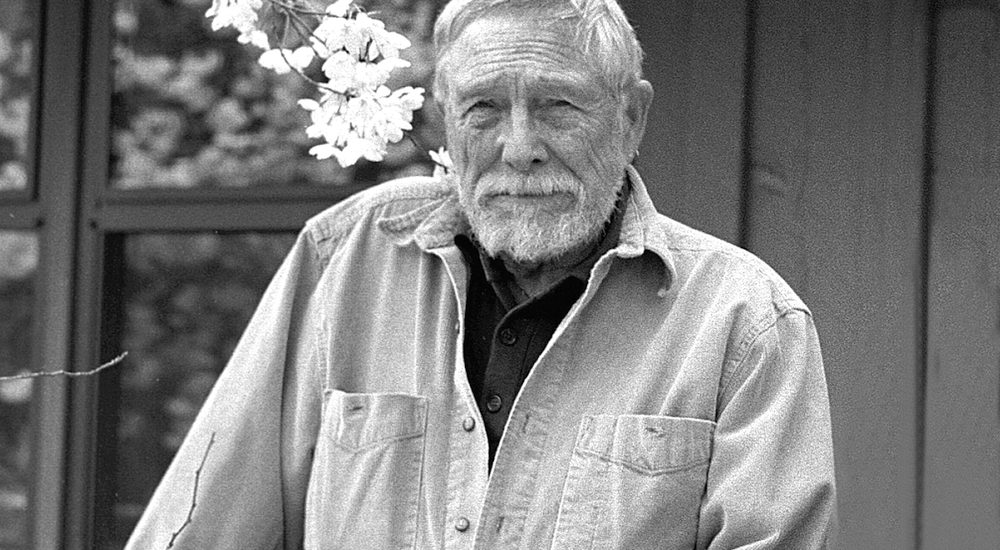The poetry of Gary Snyder was a near-lifesaver for me in the late 1980s and early 1990s. In those days, it was rare to find his work in UK bookshops, whether chain or independent. The books were mailed to me by American friends, or i would visit London and buy them at Compendium bookshop, whose poetry selection was run by the late, great Mike Hart.
It surely says something about Mr. Snyder’s brilliance that the poetry of a rural American back-to-the-lander largely focused on deep ecology, work with the hands, and raising a family, could speak profoundly to a young, single, childfree urban man in Scotland for whom changing a lightbulb was an adventure, and whose idea of a hike in the wilderness was a walk along Maryhill Road. All i had in common with Mr. Snyder was the practice of Zen Buddhism and the Way of Poetry. . . and something else, something i still cannot name but found in the poetry that helped me understand why i did not want the life that had been prescribed for me, for all of us in the west, a life of clock-punching, materialism, individuality, procreation, stress and exhaustion, also known as “a family and a career.”
I have been reading Mr Snyder’s Collected Poems, recently published by the Library of America, and my response to them makes me realise that we not only live in better times than the 50 years or so during which he wrote his best-known poems, but better times than 35 and 25 years ago.
Even back then, i was sometimes jarred by the anthropomorphism and self-centredness of the poems; animals and plants exist only to teach “men” things, such as when the hooting of owls is presented as a chorus of agreement with the political opinions of Mr. Snyder’s friend Daniel Ellsberg. I was sometimes bemused by Mr. Snyder’s naming of his friends, and his accounts of their most ordinary day-to-day activities, but, as someone to whom nothing is more important than friendship, i liked this.
What i am ashamed to say i was oblivious to is his sexism.
It is impossible not to be shocked by it in the year 2022. Women, including Mr. Snyder’s wives, are never people; they are devas, goddesses, mothers, wives, sex partners. But, mostly, they are breasts — breasts that feed infants, or breasts that are desired by Mr. Snyder. The poem “Alabaster,” dedicated to “the women carpenters of Kitkitdizze,” ostensibly about men and women doing manual work together outdoors, both sexes stripped to the waist, simply describes the breasts of each woman. When i was 24, i found this poem both romantic and erotic. Reading it now, i hear the cackling of Beavis and Butt-Head, and i laugh with them.
Other examples contain nothing to laugh at, such as a casual reference to violence against a woman (“Because I once beat you up / Drunk, stung with weeks of torment / And saw you no more, / And you had calm talk for me today / I now suppose / I was less sane than you”) in a poem written in his early twenties, and which he claims in a footnote he did not actually do. Horrifyingly, he says he made it up because, in those times, battering a woman seemed the “manly” or “gentlemanly” thing to do. In the 1950s, it seems, a young man would want to be known as a batterer of women, even if he was not.
But, like the women he fetishises rather than batters, the victim of the narrator of that poem is not seen as a woman, but as “a Hindu Deva-girl… Breasts like dream breasts. . . spurting milk,” and as a stone statue he finds in a book of Indian art. To Mr. Snyder, nature (or Nature) itself is female, and so is the earth — but, while female, it is a world without women. Only men are people.
Mr. Snyder is rightly regarded as a father (note the word) of deep ecology, and as one of the great English-language American poets of the 20th Century. Reading him now, my gratitude to him is undiminished — but if these poems, one collection of which won a Pulitzer Prize, were being published for the first time today, they would (again, rightly) be met with outrage. Reading them now, along with outrage might be a feeling of relief that we have come so far during their author’s lifetime.


